As a homeowner, you may be considering taking equity out of your house to cover expenses or invest in other areas. One option to accomplish this is through a cash-out refinance, which allows you to borrow against the equity in your home and receive a lump sum of cash. However, is it a good idea to take equity out of your house? In this article, we will explore the advantages and disadvantages of taking equity out of your house and what you need to consider before making a decision.
Advantages of Taking Equity Out of Your House
- Home Improvements: Taking equity out of your house can allow you to make significant home improvements or renovations, such as adding a new room, updating your kitchen or bathroom, or even installing solar panels. These improvements can increase the value of your home and make it more comfortable to live in.
- Consolidate Debt: If you have high-interest debt, such as credit card debt, taking equity out of your house can allow you to consolidate your debt into one low-interest loan. This can save you money on interest and simplify your monthly payments.
- Cover Expenses: Taking equity out of your house can also help you cover unexpected expenses, such as medical bills, home repairs, or even a child’s college tuition.
- Investment Opportunities: If you are interested in investing in real estate, stocks, or other opportunities, taking equity out of your house can provide you with the cash you need to get started.
Disadvantages of Taking Equity Out of Your House
- Risk of Foreclosure: When you take equity out of your house, you are essentially borrowing against the value of your home. If you are unable to make the payments on the loan, you risk losing your home to foreclosure.
- Increased Debt: Taking equity out of your house means you are increasing your debt load, which can be problematic if you are already struggling to make ends meet. It is important to ensure that you can afford the monthly payments on the loan before taking equity out of your house.
- Closing Costs: When you take out a cash-out refinance, you will need to pay closing costs, which can range from 2% to 5% of the total loan amount. These costs can add up quickly and may outweigh the benefits of taking equity out of your house.
- Interest Rates: Cash-out refinances typically come with higher interest rates than traditional refinances or home equity loans. This means you will end up paying more in interest over the life of the loan.
What to Consider Before Taking Equity Out of Your House
Before deciding whether to take equity out of your house, it is important to consider several factors, including:
- Your Financial Situation: Can you afford the monthly payments on the loan, including interest and closing costs? Do you have a stable income and job security?
- Your Equity: How much equity do you have in your home? Taking out too much equity can put you at risk of foreclosure and may not be worth the financial burden.
- Your Credit Score: Your credit score will affect the interest rate you receive on the loan. If you have a low credit score, you may not be eligible for a cash-out refinance or may receive a higher interest rate.
- Your Long-Term Goals: How will taking equity out of your house affect your long-term financial goals? Will it help you achieve your goals or hinder your progress?
Conclusion
Taking equity out of your house can be a useful tool for covering expenses, consolidating debt, or investing in your future. However, it is important to consider the potential risks and drawbacks before making a decision. You should also consult with a financial advisor or mortgage professional to ensure that a cash-out refinance is the best option for your specific financial situation.







